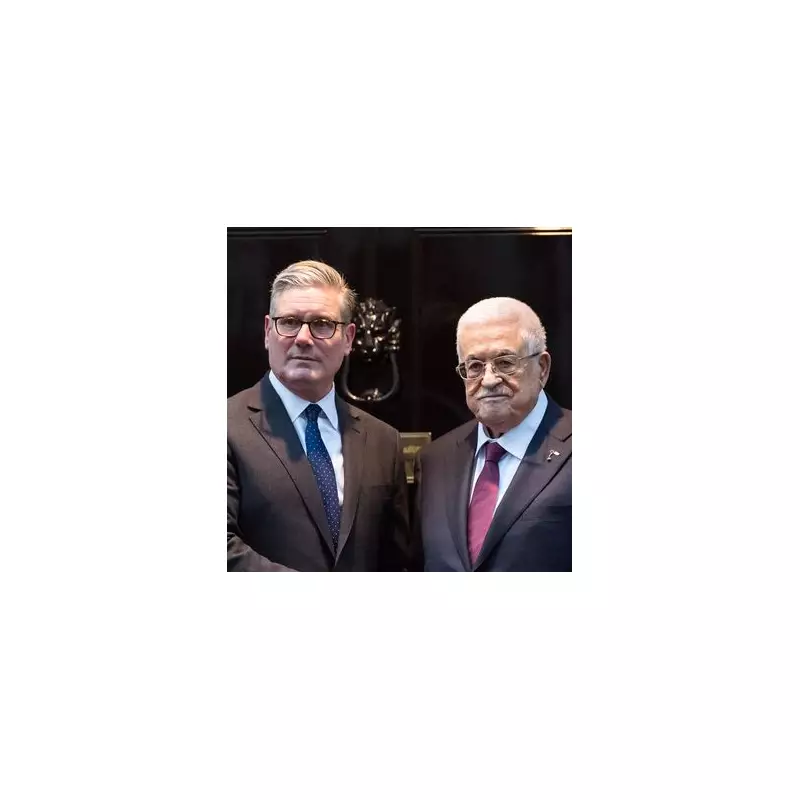
In a landmark foreign policy announcement, Labour leader Sir Keir Starmer has declared his commitment to officially recognise a Palestinian state as part of a comprehensive Middle East peace process should he become Prime Minister.
The bold move represents a significant shift in Britain's approach to the decades-long conflict and signals Starmer's determination to play a more active role in international diplomacy.
A New Chapter in British Diplomacy
Speaking ahead of the general election, Starmer emphasised that recognition would not be an isolated gesture but rather part of a broader, sustainable peace initiative. "We need a viable Palestinian state alongside a safe and secure Israel," he stated, aligning with the long-standing international consensus on the two-state solution.
The Labour leader's position marks a clear departure from previous government approaches and demonstrates his party's readiness to take decisive action on the world stage.
Timing and Conditions
Unlike some European counterparts who have moved unilaterally, Starmer insists that British recognition would come as part of a process rather than as an immediate, standalone action. This calibrated approach aims to maximise diplomatic leverage while ensuring any recognition contributes meaningfully to lasting peace.
The announcement comes amid growing international concern about the ongoing conflict and humanitarian situation in Gaza, putting pressure on Western leaders to take more substantive action.
Political Implications
Starmer's declaration positions Labour as distinctly different from the Conservative government on foreign policy matters. It also addresses long-standing concerns within his own party about the Palestinian cause while maintaining support for Israel's right to security.
This balanced approach seeks to unite various factions within the Labour movement and appeal to voters looking for a fresh perspective on Britain's role in international conflicts.
International Context
The UK would join several European nations, including Ireland, Spain, and Norway, who have recently moved toward recognition of Palestinian statehood. However, Starmer's process-oriented approach distinguishes his position from these unilateral moves.
This development could potentially reinvigorate stalled peace efforts and encourage other nations to reconsider their positions on one of the world's most intractable conflicts.






